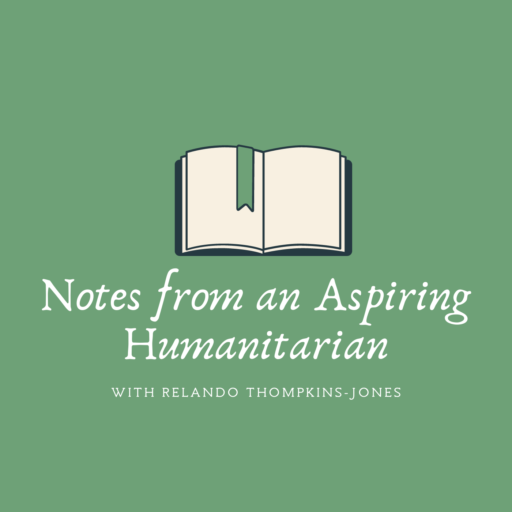I recently participated in a panel with students, faculty, and police regarding what police can do to combat police brutality and to prevent the next Ferguson, Tulsa, Charlotte, etc.
Discourse involving the prevention of police brutality is so often centered around people of color being lectured to about how we can prevent our assaults and deaths. However, I was initially encouraged to participate in this student-led event because it was designed to interrupt that oppressive premise and explore what officers can do to prevent police brutality among their own ranks.
“In the case of racial profiling, and police brutality, and the criminalization of blackness in all its forms, while I feel that efforts would be best served by telling police not to be racist, by telling police not to racially profile, by providing opportunities for them to examine their conscious and unconscious bias as it relates to their decision making, until that work is truly complete, I recognize the reality of the necessity of sharing tips for survival by any means necessary in a world seemed bent on erasing us.”
–From my Note: 10 Rules of Survival If Stopped By The Police
Despite the way in which the context was framed, I still encountered the incessant assertion that prevention of police brutality can be achieved through education of people of color using a lens of “respect” for authority.
“Respect” in this way, is often read as fear. And when that fear is challenged; when Black people express the knowledge of our rights; including knowledge that those rights are being violated, we face an increased risk of physical harm or loss of life.
“To the real question, How does it feel to be a problem? I answer seldom a word….being a problem is a strange experience, — peculiar even for one who has never been anything else”
—W.E.B. Du Bois from The Souls of Black Folk.
As a person who has experienced being treated as a problem to be solved I acknowledge the tensions that come with being in very public roles that at times must interact with law enforcement while at the same time having little to no trust in the system.

The Campaign Zero initiative lays out a 10 point platform to end police violence in America. You can also find a Legislation Visualization & Take Action Tool on the website to track which states have proposed or already enacted legislation in the policy areas to end police violence outlined within the language of the campaign.

From Aspiring Humanitarian, Relando Thompkins-Jones, MSW, LLMSW
Discover more from Notes from an Aspiring Humanitarian
Subscribe to get the latest posts sent to your email.





















